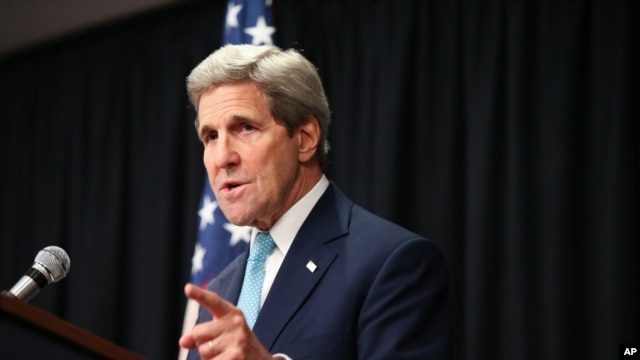
There is an interesting statistic in the book Women of the
world: Sub-Saharan Africa by Jeanne S. Newman. In her research, she
found out that the country with the highest proportion of single women
is Uganda, at 54 per cent and that does not even factor in the single
mothers.
Lately, there has been a creeping phobia amongst
women for marriage. Diana Kamagara, a 29-year -old spinster, says hers
is not even an issue of finding the right one but one of avoiding the
hustle and bustle of companionship.
“I have dated so many men, and most just do not
measure up. So for now I have decided to focus on my career and avoid
the stress of marriage and dating.”
Kamagara’s notion is, however, just but one in a multitude of reasons women today shall opt not marry. Pepper Schwartz, a professor of sociology who specialise in love and relationships, sums up some of these in just six points.
Kamagara’s notion is, however, just but one in a multitude of reasons women today shall opt not marry. Pepper Schwartz, a professor of sociology who specialise in love and relationships, sums up some of these in just six points.
If a woman is poor and only meets equally poor or
poorer men, she’s in a tough spot. It is no secret that many women do
not choose to marry if the available partners will make their economic
situation worse.
In some of these cases, even if a woman has a
child, she may be better off with government help than a nonworking,
noninvolved husband.
Success changes everything
When a woman is very privileged or highly successful, marriage could come very easily -- or not. Think of the likes of Elizabeth Taylor, who was married eight times. Or Oprah Winfrey, who for personal or professional reasons, is not married.
When a woman is very privileged or highly successful, marriage could come very easily -- or not. Think of the likes of Elizabeth Taylor, who was married eight times. Or Oprah Winfrey, who for personal or professional reasons, is not married.
Moreover, a woman does not need a husband who is a high-powered corporate attorney if she is a high-powered corporate attorney.
Taking advantage of economic and professional
opportunities could be undermined by committing to a partner with an
equally ambitious, or different, life agenda. This kind of woman may
wake up every day to new and exciting challenges and think, “best to
wait.”
Unwilling to make traditional compromises
A woman who doesn’t want to settle for cooking and cleaning and being the primary parent that society prefers. She is not meeting guys who want the kind of woman she is.
A woman who doesn’t want to settle for cooking and cleaning and being the primary parent that society prefers. She is not meeting guys who want the kind of woman she is.
Avoiding cheating men
There are men that just can’t do with one woman. As such, if you asked women why they do not want to marry, the answer you will most likely illicit is; “the men of our class will all expect to have mistresses, and it is better not to marry than have to put up with that.”
There are men that just can’t do with one woman. As such, if you asked women why they do not want to marry, the answer you will most likely illicit is; “the men of our class will all expect to have mistresses, and it is better not to marry than have to put up with that.”
Waiting for the “one”
Such women wait for the perfect guy, or one who they would fall in love with and love them back as much. If that man does not come along, they prefer to go alone. As women get pickier, more factors enter into the marriage equation.
Such women wait for the perfect guy, or one who they would fall in love with and love them back as much. If that man does not come along, they prefer to go alone. As women get pickier, more factors enter into the marriage equation.
Apparently there are a lot of women who do not
mind having a relationship, in general, not to mention marriage in
particular. And it is fascinating, brave and a spectacular display of
self-honesty to admit it.
We are open-minded and unique society that way. We promote women’s strength and independence, but that independence by NOT wanting to get married, by NOT wanting to have children, by being... a real life Samantha Jones if she chooses.
We are open-minded and unique society that way. We promote women’s strength and independence, but that independence by NOT wanting to get married, by NOT wanting to have children, by being... a real life Samantha Jones if she chooses.




